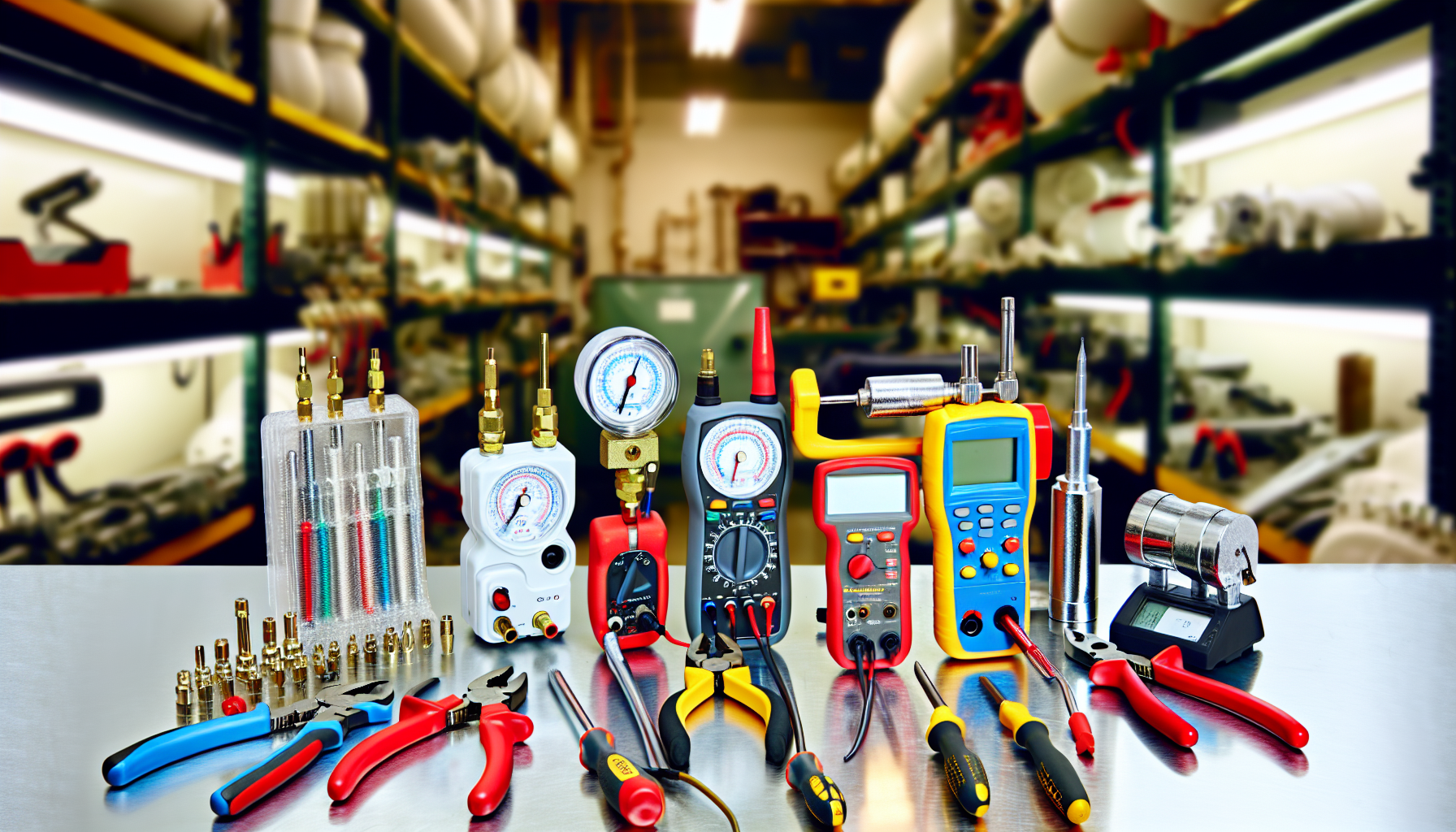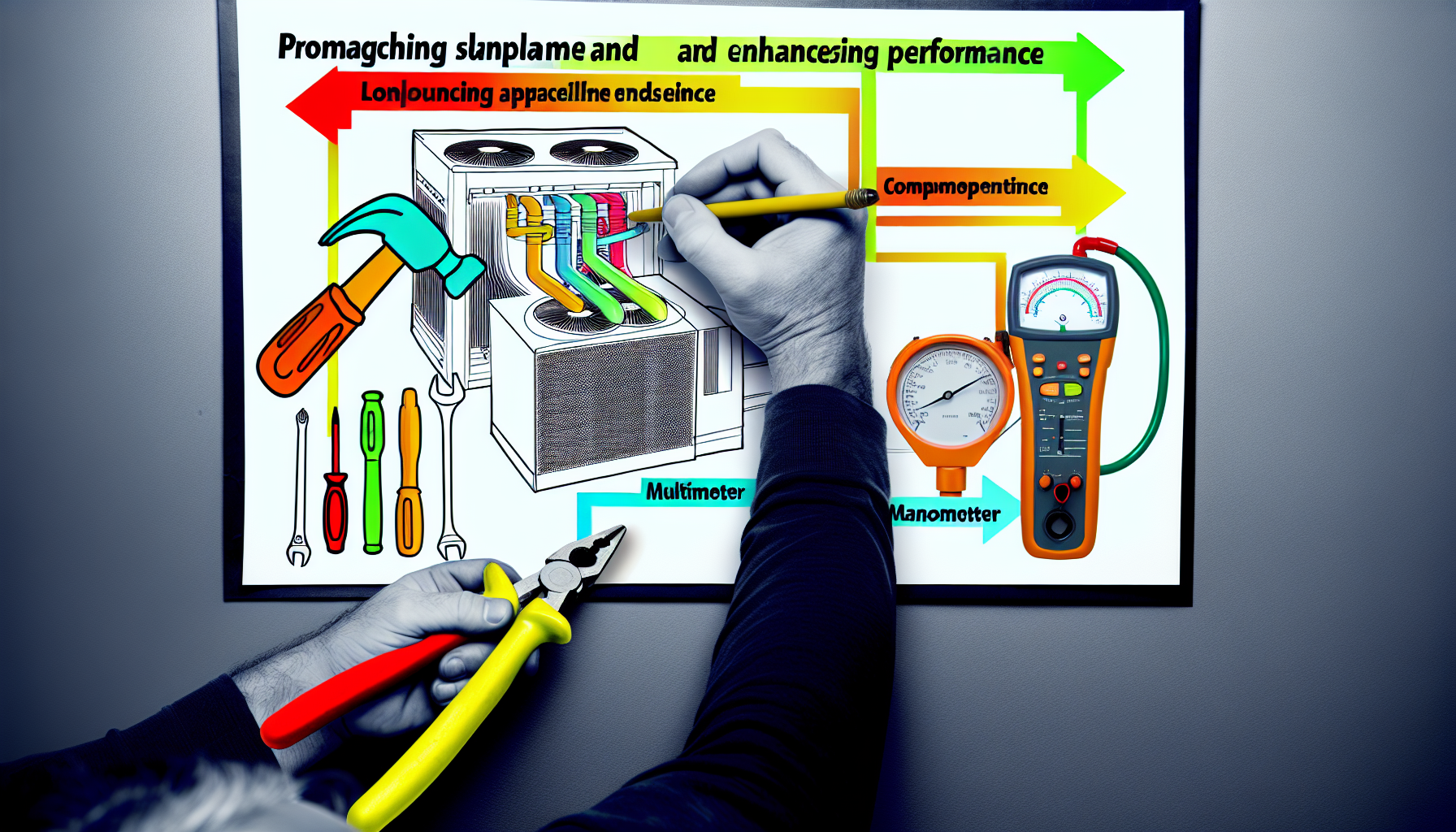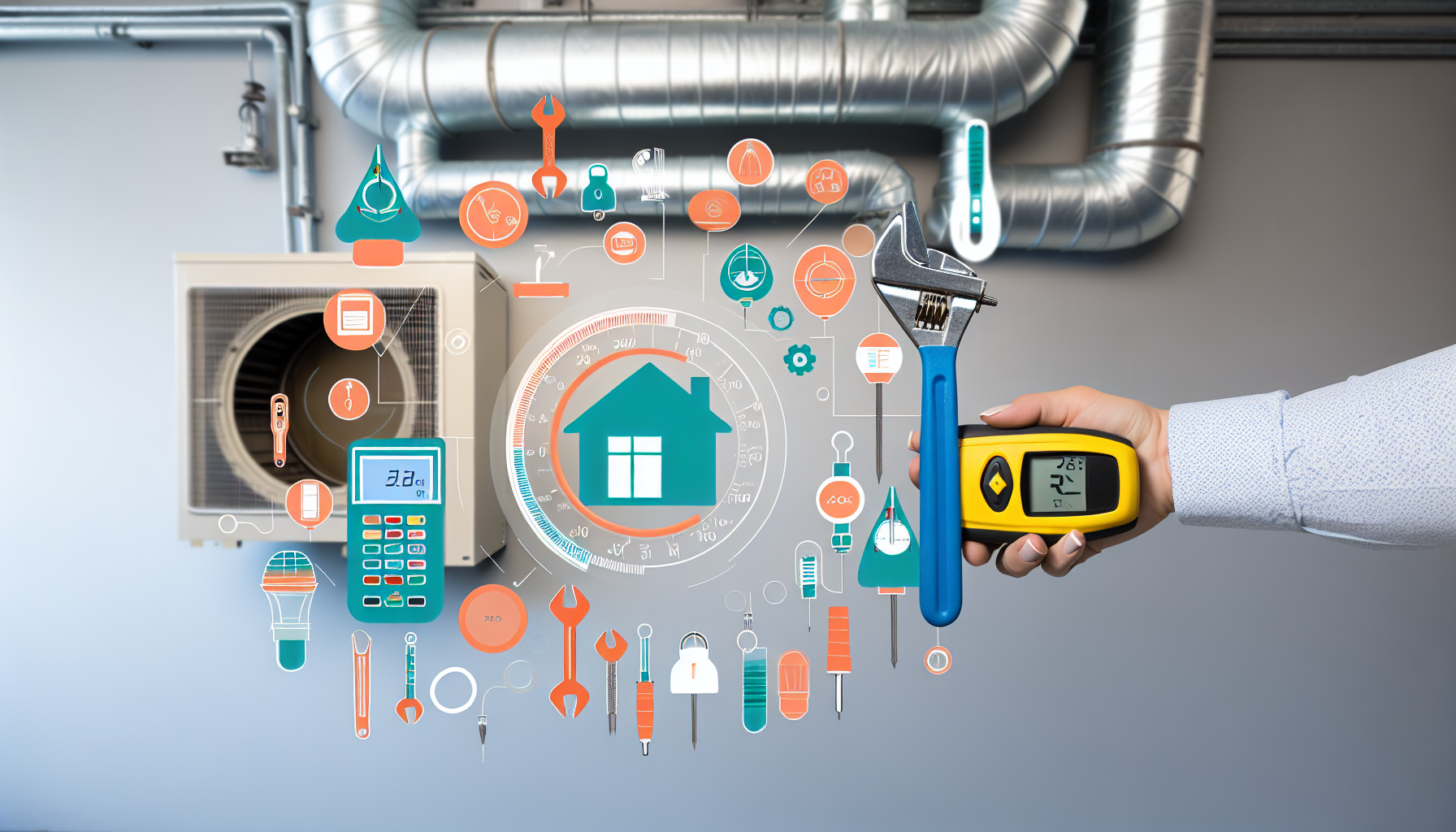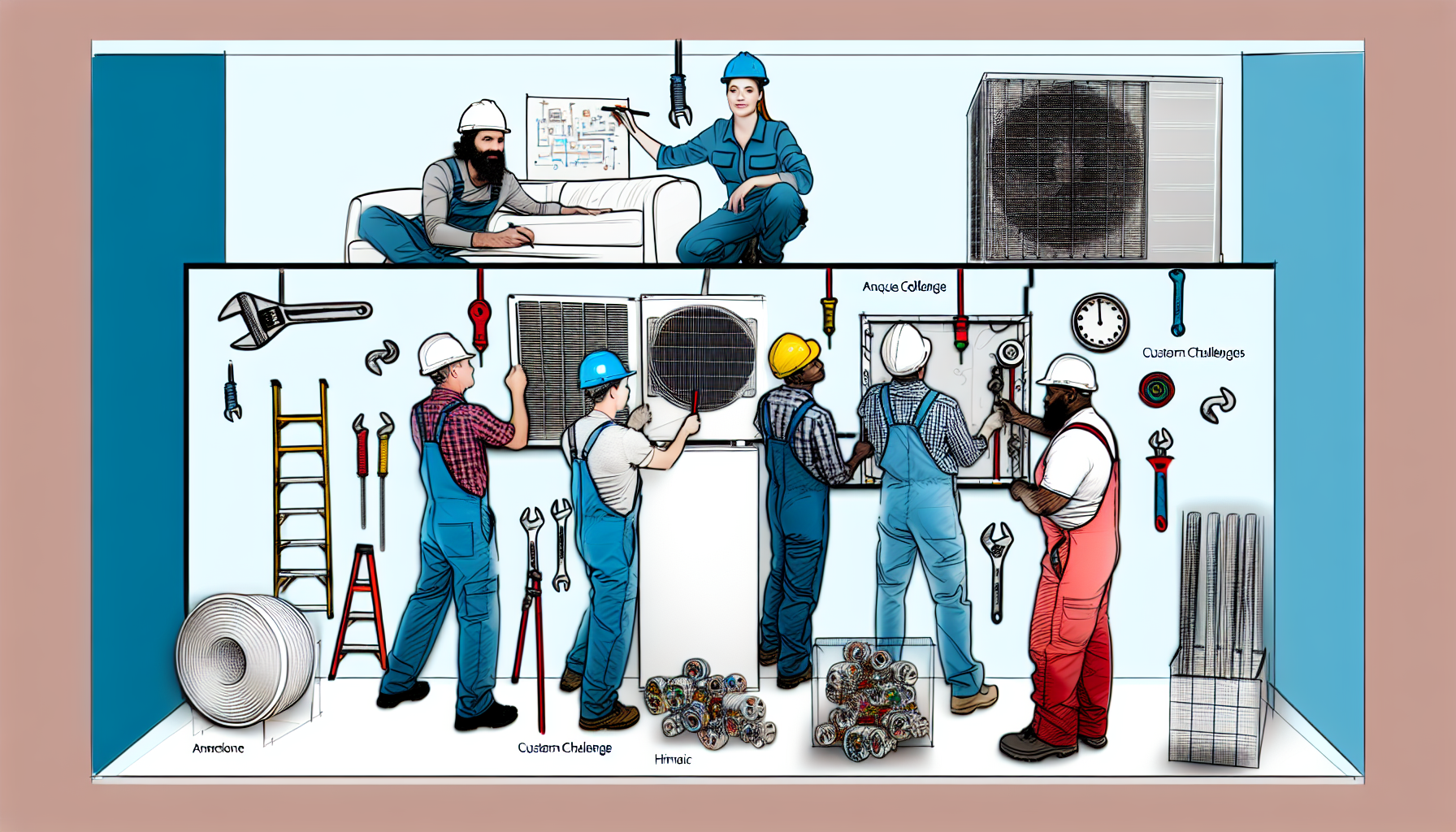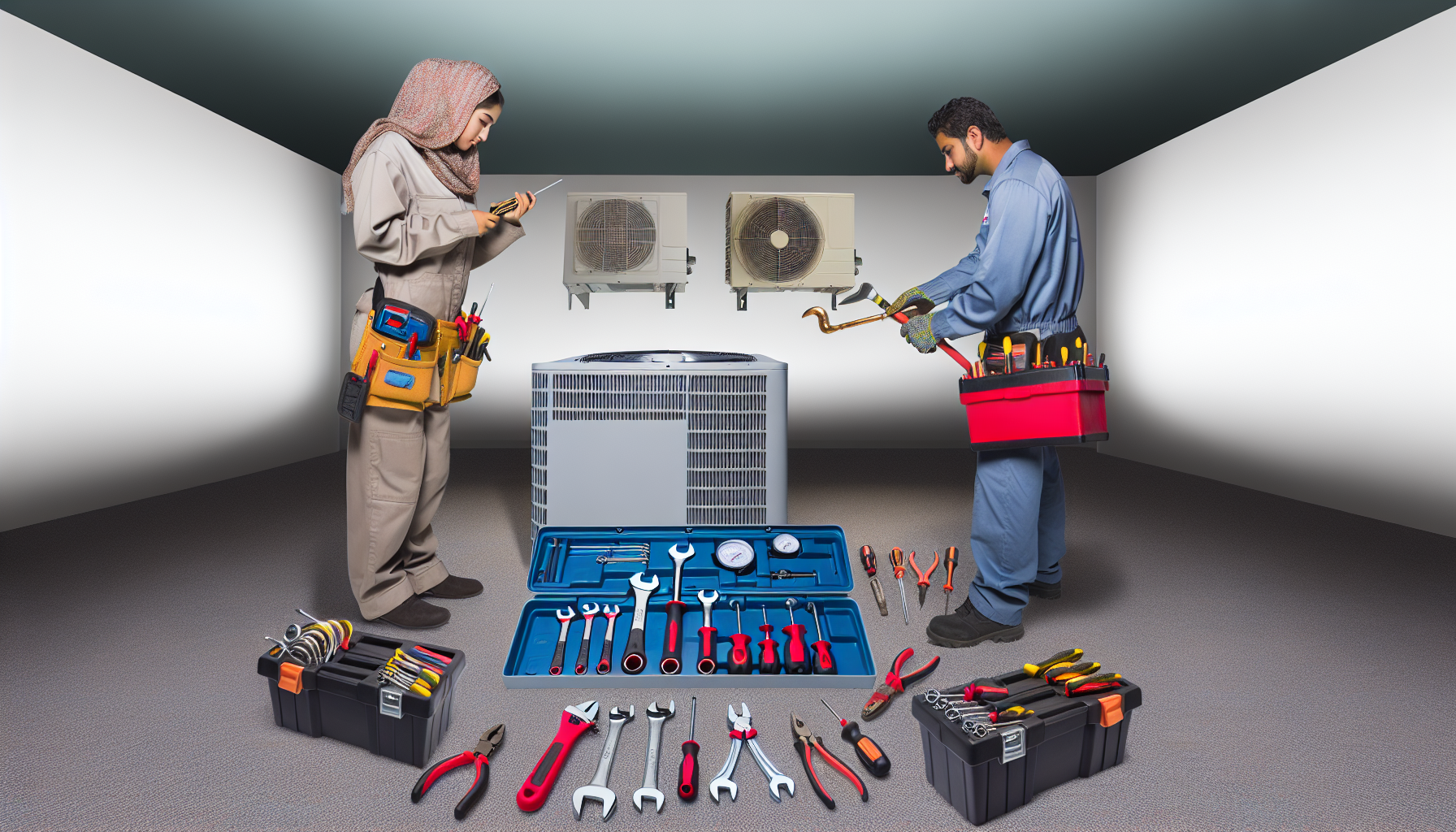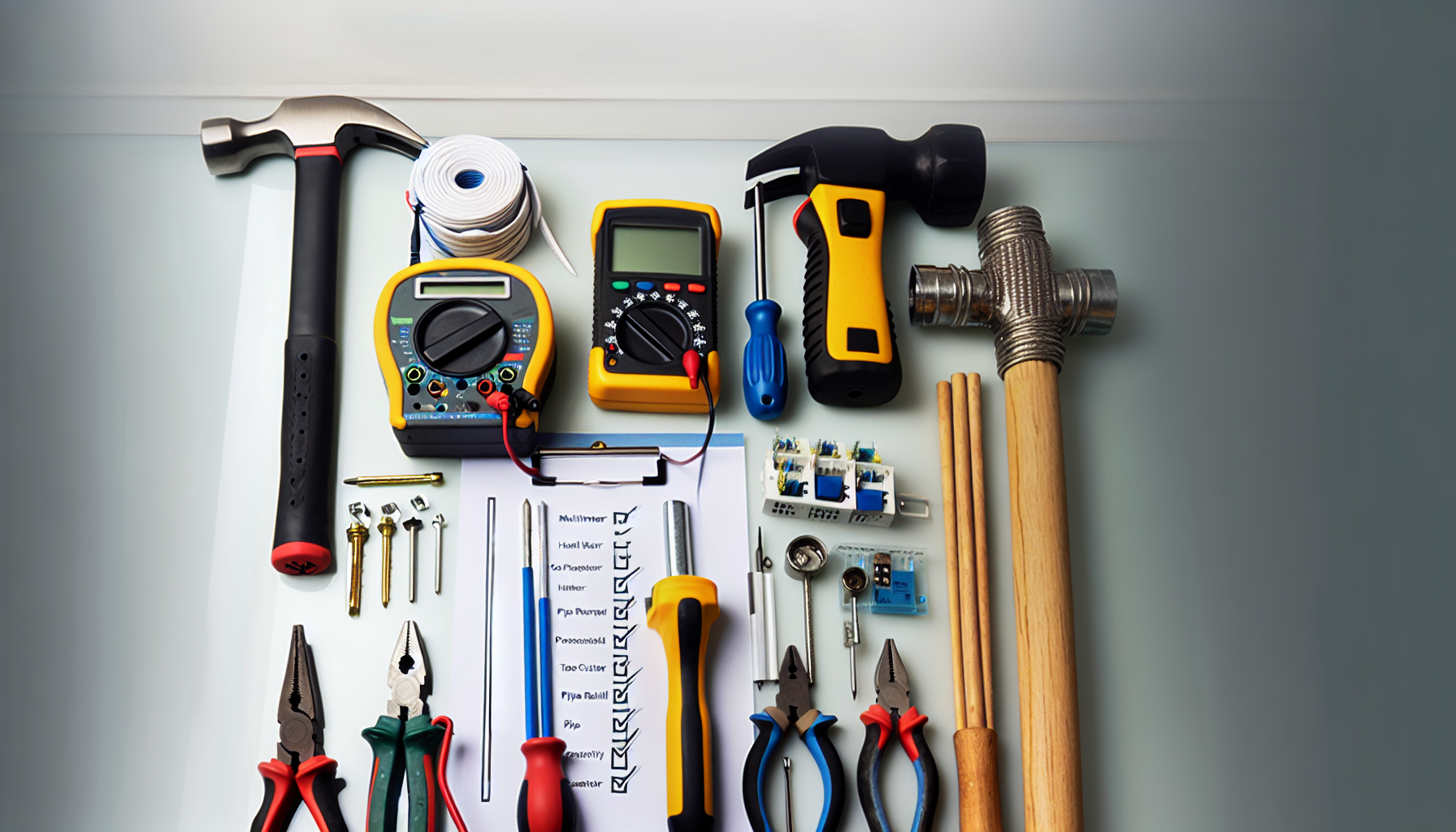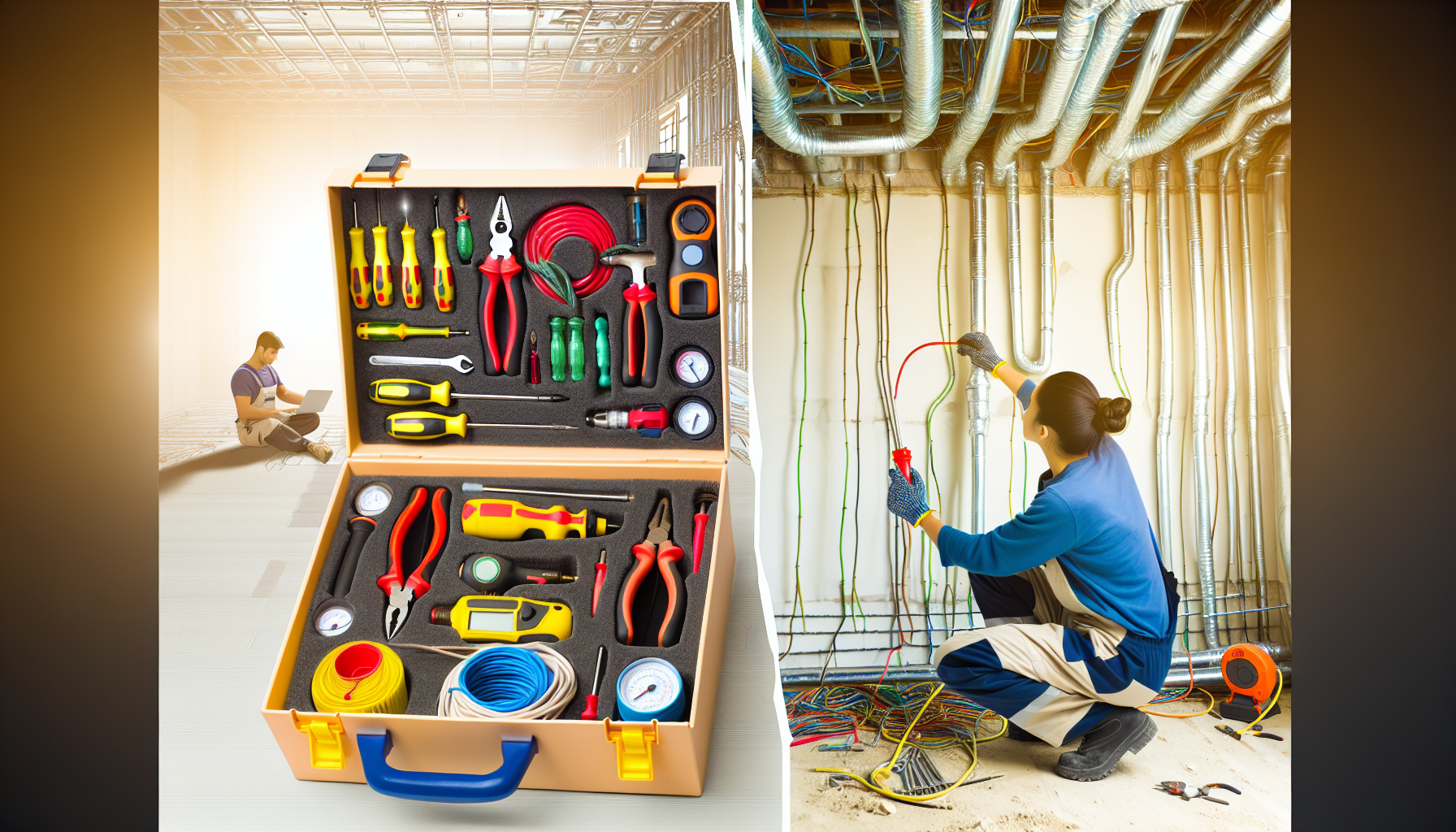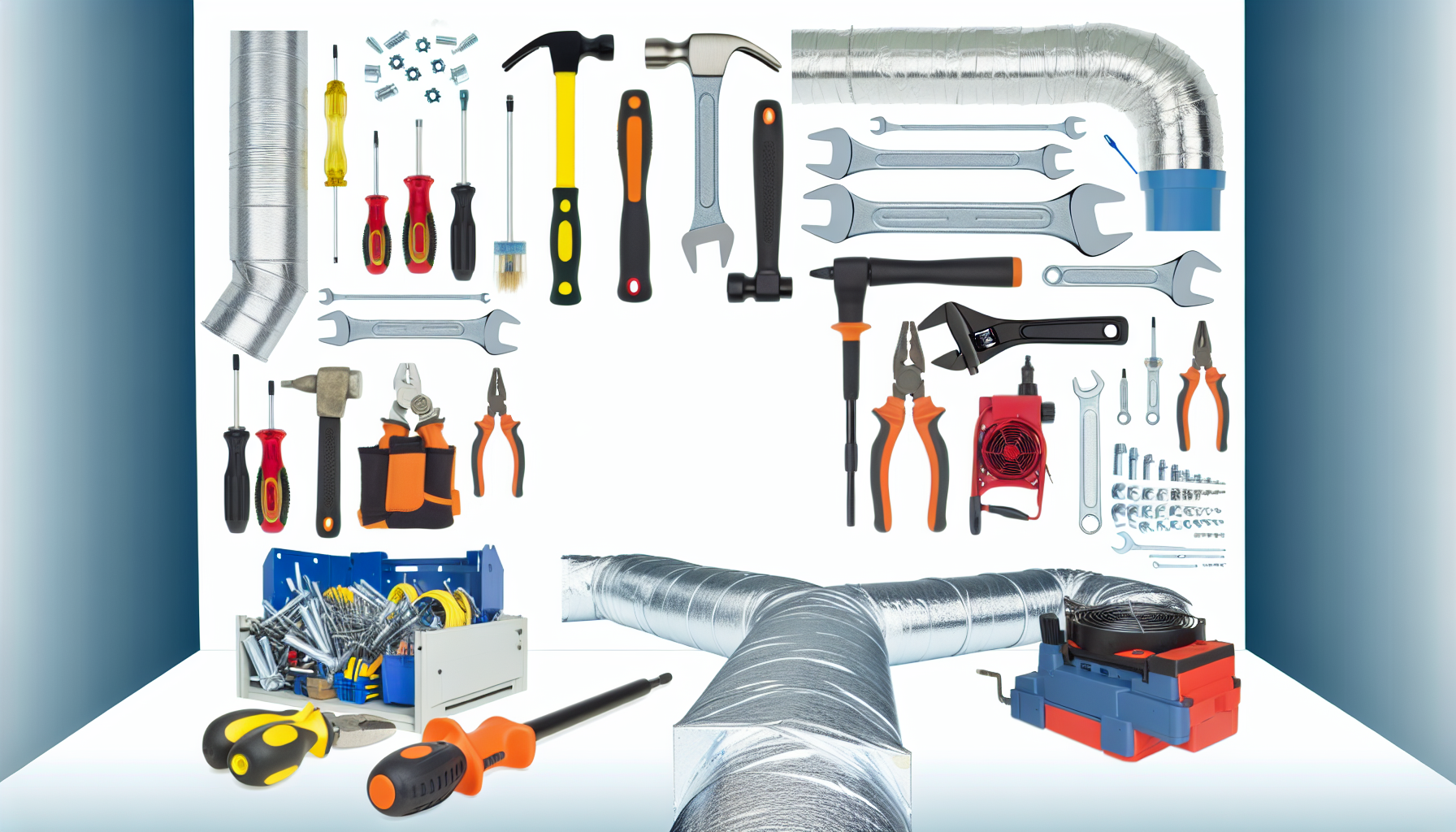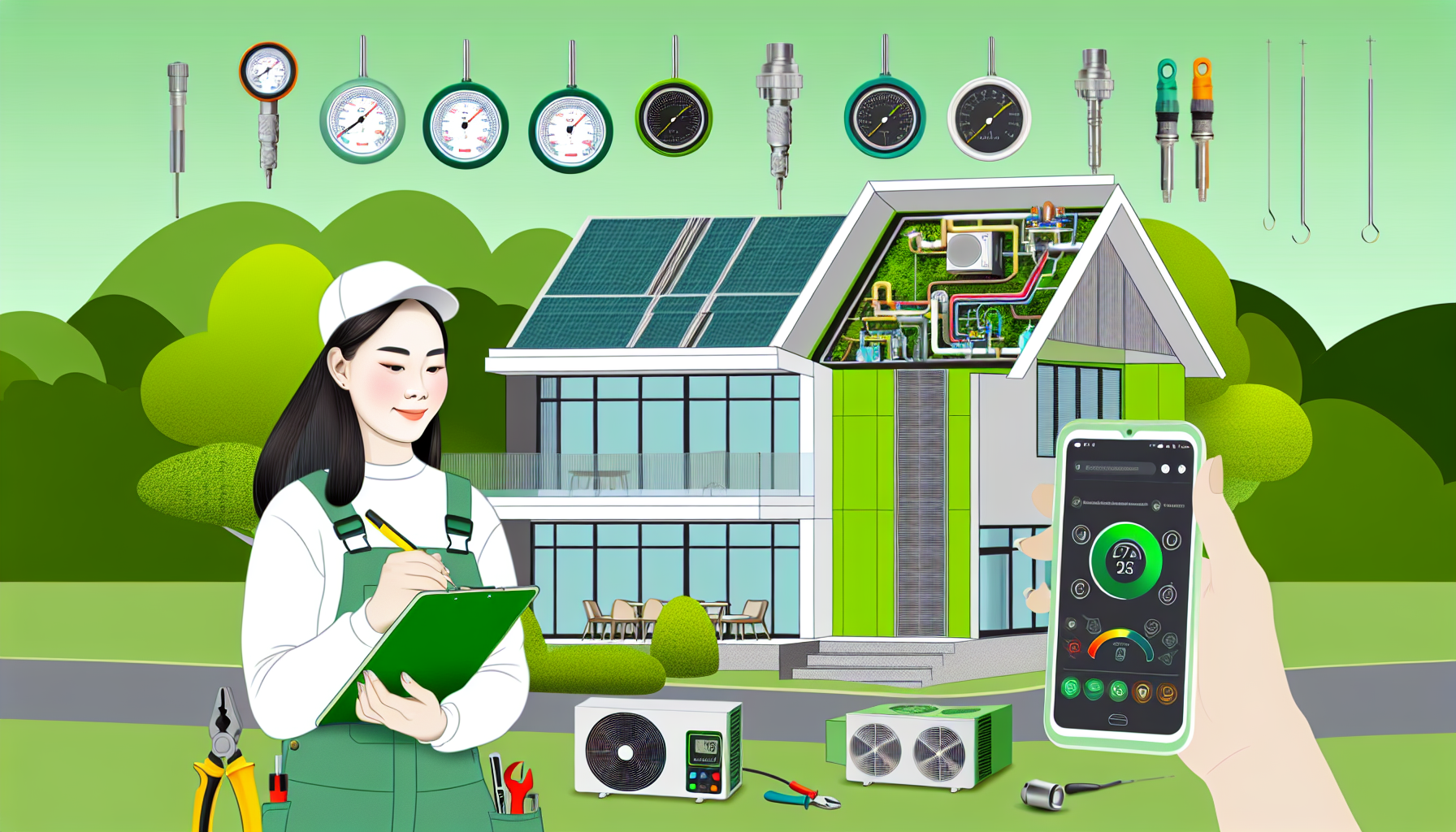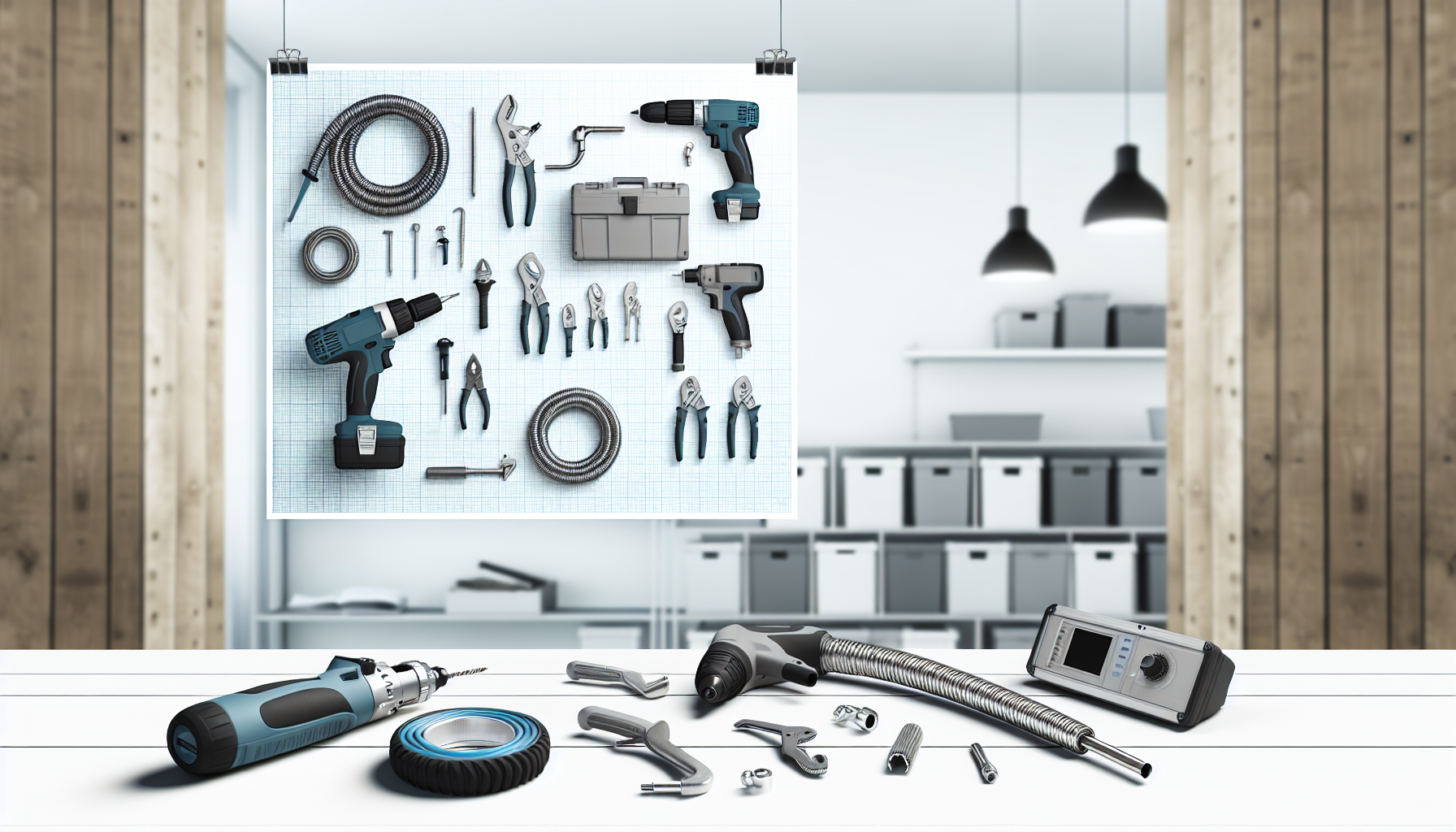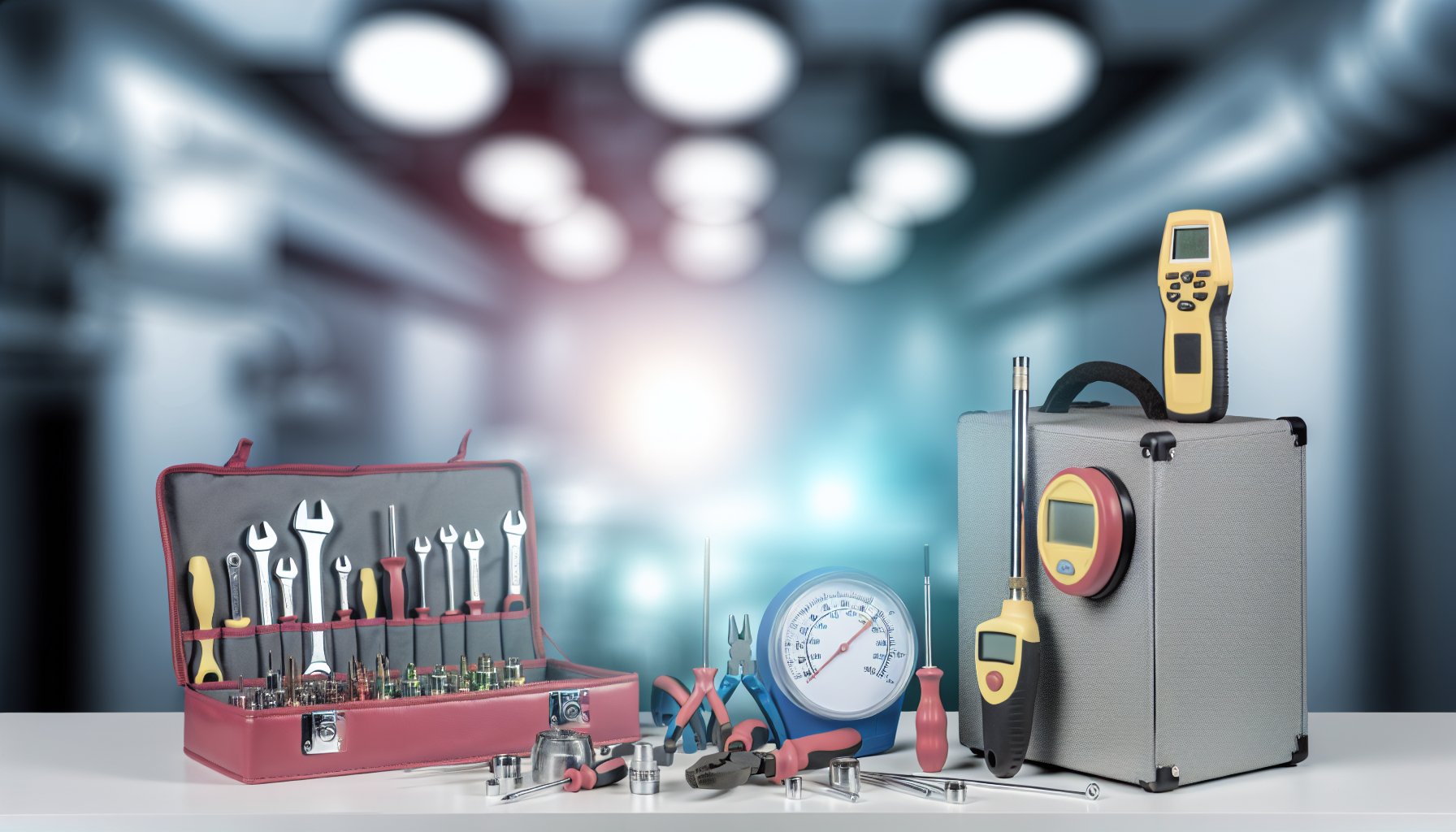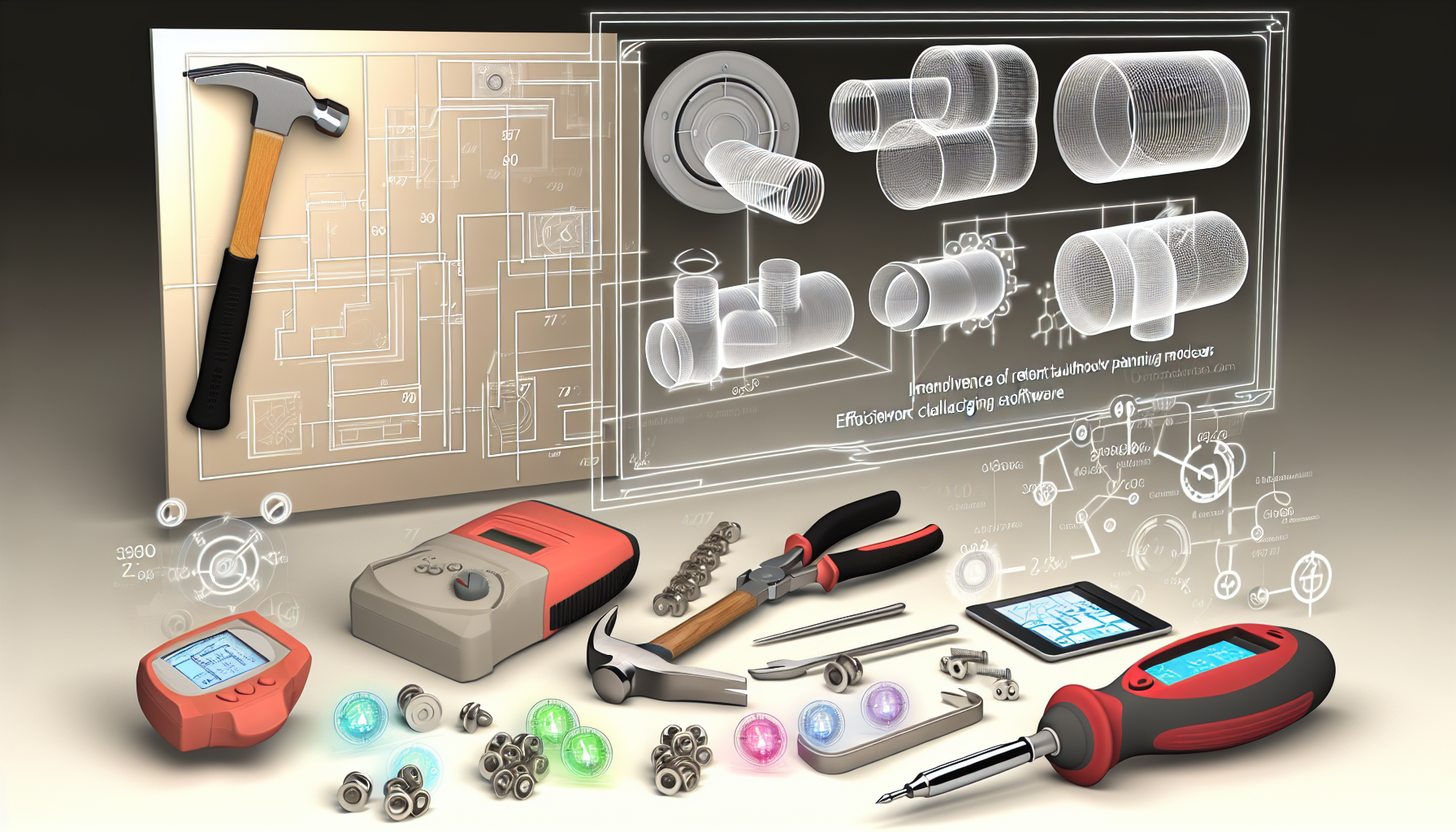Understanding the Cost-Benefit Analysis of Renting vs. Buying HVAC Tools and Equipment
When it comes to HVAC projects, professionals and DIY enthusiasts are often faced with the decision of whether to rent or buy the necessary tools and equipment. The choice between renting and purchasing can significantly impact the overall cost and outcome of the project. By performing a careful cost-benefit analysis, individuals and businesses can make informed decisions that maximize value and efficiency.
Assessing the Project Needs
Before diving into the benefits and drawbacks of renting vs. buying, it’s crucial to understand the specific requirements of your HVAC project. Consider factors like the project’s scope, duration, frequency of similar projects, storage, maintenance capabilities, and budget constraints.
The Pros and Cons of Renting HVAC Tools and Equipment
Advantages of Renting
- Lower Initial Investment: Renting eliminates the need for a substantial upfront purchase, allowing for better cash flow management, especially for one-time or infrequent projects.
- Access to the Latest Technology: Rental companies typically offer the most up-to-date equipment, ensuring higher efficiency and compliance with the latest industry standards.
- No Maintenance and Storage Concerns: The responsibility of maintaining and storing the equipment falls on the rental company, reducing the hassle for the renter.
- Flexibility: Renting provides the opportunity to use the right tool for the job without committing to a purchase, which is particularly advantageous for specialized or rarely used equipment.
- Cost-Effective for Short-Term Use: For projects with a limited duration, renting can be a more cost-effective solution than buying.
Drawbacks of Renting
- Higher Long-Term Costs: Frequent renting can add up, potentially surpassing the cost of purchasing the equipment outright for repeated use.
- Availability Issues: Popular equipment may not always be available for rent when needed, potentially causing project delays.
- Rental Agreements: Rental contracts may have stipulations that can be restrictive or incur additional fees, such as late returns or damages.
The Pros and Cons of Buying HVAC Tools and Equipment
Advantages of Buying
- Long-Term Savings: Owning equipment can be more cost-effective over time, particularly for tools that are used frequently in multiple projects.
- Availability: Owning your equipment ensures it’s available whenever you need it, with no concerns about rental shortages or delays.
- Asset Ownership: Purchased equipment is a business asset that may appreciate over time, depending on its condition and market demand.
- Potential for Revenue: Owning equipment opens the possibility of renting it out to others when not in use, creating an additional income stream.
- Tax Advantages: Buying equipment may offer tax benefits, such as depreciation deductions.
Drawbacks of Buying
- Significant Upfront Cost: The initial purchase of HVAC equipment can be substantial, impacting cash flow, especially for small businesses or contractors.
- Maintenance and Storage: Owners are responsible for ongoing maintenance, repairs, and secure storage of equipment, adding time and costs to the bottom line.
- Technology Obsolescence: The owned equipment could become outdated as new technologies emerge, reducing its efficiency and potential resale value.
- Lower Utilization: If the equipment isn’t used frequently, it may not justify the purchase cost, leading to underutilization and financial inefficiency.
Maximizing Value: When to Rent and When to Buy
To maximize value in HVAC projects, it’s essential to determine the best approach for each unique situation. Here are some general guidelines for making that decision:
Rent if:
- You’re dealing with a short-term project, or you only need the equipment for a one-time job.
- The project requires highly specialized tools that you won’t need often.
- Your storage space is limited, and you cannot store large equipment.
- You want to avoid the responsibility of maintenance and prefer having access to the latest models.
Buy if:
- The tools and equipment will be used regularly across many projects.
- You have the necessary storage space and the ability to perform maintenance.
- You can leverage tax benefits and the potential for asset appreciation.
- There are opportunities to rent out the equipment to others when it’s not in use.
Tips for Making a Smart Decision
- Conduct a thorough cost analysis: Consider the total cost of ownership, including purchase price, maintenance, storage, and potential rental income versus rental costs for the expected lifespan of the equipment.
- Examine project frequency: Evaluate how often similar projects occur and the usage rate of the necessary tools and equipment.
- Consider the resale value: If buying, research the equipment’s resale value and market demand to assess the potential for recouping part of your investment.
- Factor in business growth: If your business is growing, purchasing may be a wise long-term investment to accommodate future projects and demand.
- Analyze financial health: Determine whether your current financial situation favors the reduced initial outlay for renting or the long-term benefits of buying.
FAQ Section
Is it worth investing in my own HVAC equipment?
Investing in your own HVAC equipment can be worth it if you have a frequent need for the tools and can justify the initial cost with long-term savings.
Can I deduct the cost of rented or purchased HVAC equipment from my taxes?
Both rented and purchased equipment can often be deducted from your taxes in different ways. Rental costs can be deducted as business expenses, while purchased equipment may qualify for depreciation deductions. Consult with a tax professional for specific advice.
Should I consider renting out my purchased HVAC equipment?
If you have the capacity to manage additional rental services, renting out your purchased HVAC equipment can be a way to generate additional income.
What if the equipment I own becomes obsolete?
If owned equipment becomes obsolete, consider selling it while it still has some value or trading it in for newer models. Stay informed about industry trends to anticipate obsolescence and plan accordingly.
How do I calculate the total cost of ownership for HVAC equipment?
To calculate the total cost of ownership, factor in the purchase price, maintenance costs, storage expenses, and potential rental income over the equipment’s useful life, then compare it to the cost of renting the same equipment over that period.


